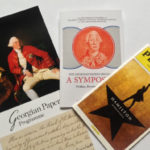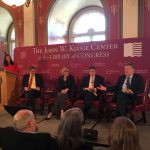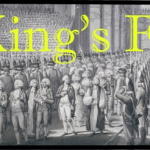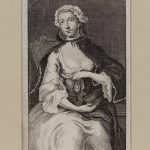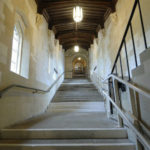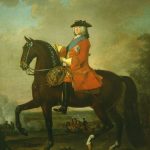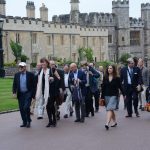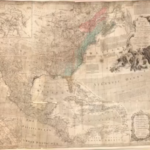Season's Greetings from all the team at the Georgian Papers Programme!
Posted on: December 15th, 2017 by geoIII No Comments
Samantha Callaghan, Metadata Analyst, King’s Digital Laboratory, and Arthur Burns, Academic Director, Georgian Papers Programme, King’s College London All those involved in the Georgian Papers Programme would like to send all visitors to our websites, the scholars associated with the programme as fellows, and the King’s Friends season’s greetings and wish them all the best… Read More »

